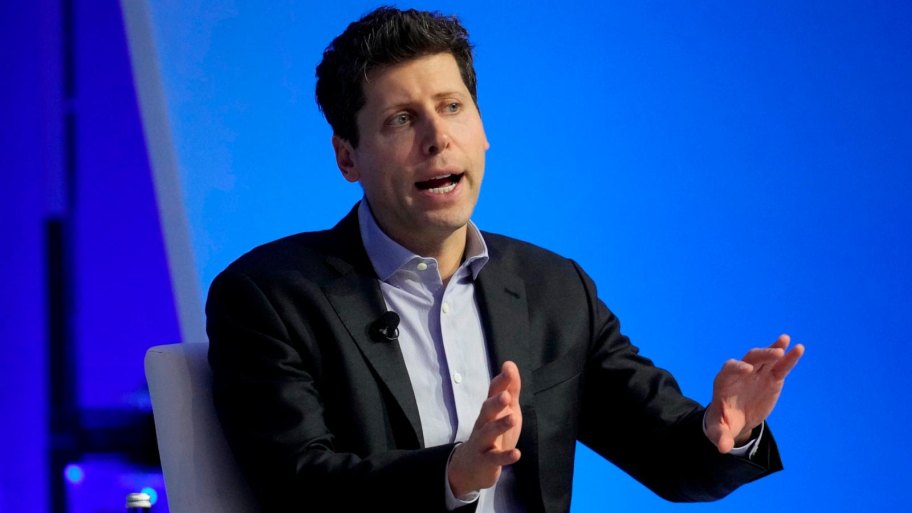OpenAI expects to lose $5 billion this year; plans to raise ChatGPT Plus fees to $44 over 5 years

Back in July, we covered OpenAI’s rapid cash burn as the company scaled at a breakneck pace. Now, a fresh report from the New York Times (NYT) suggests OpenAI may have to bump up its prices to keep things afloat.
The NYT, citing internal financial documents, revealed that OpenAI pulled in $300 million in monthly revenue by August, marking a massive 1,700% increase since early 2023. They’re eyeing $3.7 billion in annual sales for this year, with a forecast of $11.6 billion for next year.
Despite this rapid growth, OpenAI expects to lose around $5 billion this year, thanks to hefty operational costs like running its services, employee paychecks, and office expenses, according to a financial expert who reviewed the documents. The analysis doesn’t include equity compensation or some other major expenses. OpenAI didn’t comment on the details shared with the NYT.
“OpenAI estimates that its revenue will balloon to $11.6 billion next year. But it expects to lose roughly $5 billion this year after paying for costs related to running its services and other expenses like employee salaries and office rent, according to an analysis by a financial professional who has also reviewed the documents,” The New York Times reported.
This report comes on the heels of news that OpenAI is in talks to raise more funding at a staggering $150 billion valuation, a sharp jump from its previous $86 billion.
Earlier this year, OpenAI was valued at about $80 billion, skyrocketing from $29 billion the year prior. Annual revenue also hit $2 billion earlier in the year.
The company’s growth got a serious boost in late 2022 with the launch of its ChatGPT chatbot, which sparked a wave of new products for businesses, along with AI-generated photo and video tools. Weekly active users have doubled since last year, now sitting at around 200 million.
OpenAI: Burning Money or Building the Future?
Around 10 million ChatGPT users currently pay a $20 monthly fee, based on internal documents. OpenAI plans to increase that fee by $2 by the end of the year, with a more significant jump to $44 expected within the next five years. Additionally, over a million third-party developers rely on OpenAI’s tech to support their own platforms.
“Roughly 10 million ChatGPT users pay the company a $20 monthly fee, according to the documents. OpenAI expects to raise that price by $2 by the end of the year, and will aggressively raise it to $44 over the next five years, the documents said. More than one million third-party developers use OpenAI’s technology to power their own services,” The Times added.
Looking ahead, OpenAI projects its revenue will soar to $100 billion by 2029—putting it in the same league as companies like Nestlé or Target in terms of annual sales. In August, revenue more than tripled compared to last year. Around 350 million people were using OpenAI’s services each month by June, up from 100 million in March.
In February, the Wall Street Journal also reported that OpenAI CEO Sam Altman was planning to raise $7 trillion in funding to expand the global supply of AI chips.
The astronomical costs of developing and maintaining cutting-edge AI models are the primary drivers behind OpenAI’s financial woes. The complex computational demands of training these systems, coupled with rapid expansion—encompassing increased staffing and infrastructure—have intensified the financial pressure.
Despite ChatGPT’s widespread acclaim and its role in generating significant buzz, OpenAI faces the tough challenge of converting this success into substantial revenue. The growing disparity between the company’s skyrocketing expenditures and its revenue raises serious concerns about its long-term economic viability.
Founded in 2015 by Sam Altman and Elon Musk, OpenAI started as a nonprofit focused on developing safe and beneficial artificial general intelligence. In 2020, it shifted to a commercial model, marking a significant shift in its strategy. Despite internal challenges, including Altman’s brief departure in November, OpenAI remains at the forefront of the AI industry, driven by the success of ChatGPT, launched in 2022.




